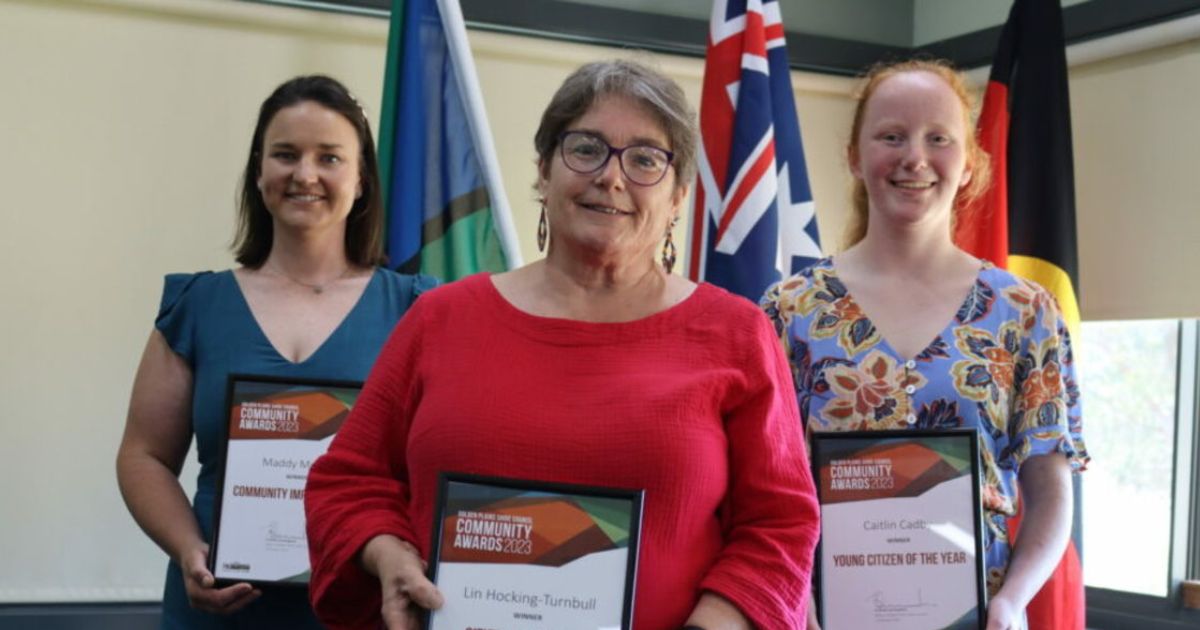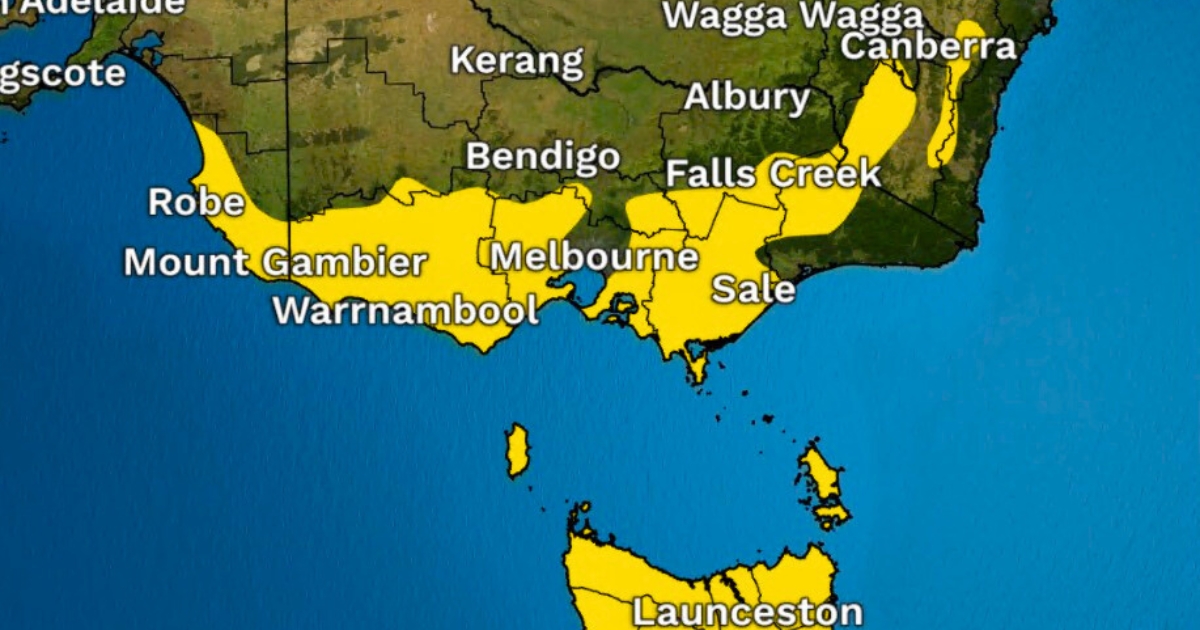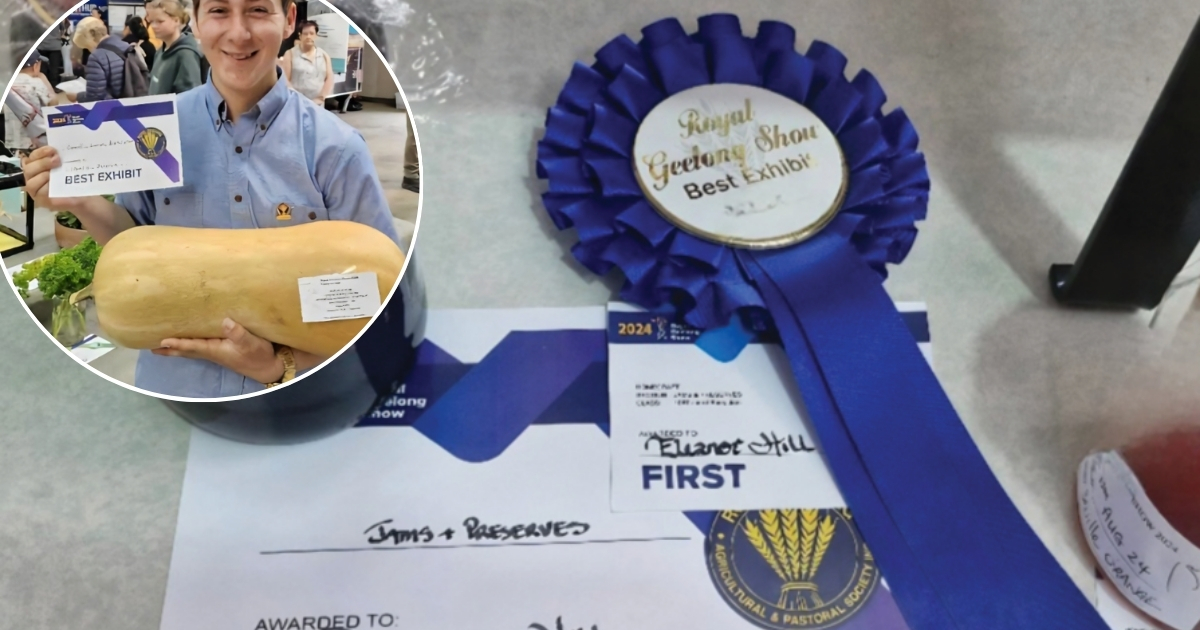The Wheeler Centre comes to Ballarat

Refugee Welcome Zone: What is the effect of Federal government policy on Ballarat’s refugees and asylum seekers? Photo: JOHN ENGLART
GETTING to Melbourne’s Wheeler Centre to hear one of its inspiring and entertaining public talks is sometimes a stretch from Ballarat.
In the spirit of reciprocity, the Ballaarat Mechanics’ Institute will be the venue for a series of four events over the next twelve months in conjunction with The Wheeler Centre.
Paula Nicholson, BMI board member, said the organisation is incredibly excited about securing the partnership with The Wheeler Centre.
“We have our first event happening on the 20th November, but the essence of the excitement is around the on-going offering to the Ballarat community,” she said.
“For us it represents the opportunity to bring world class speakers to Ballarat.”
Local Lens: Refugees in Regional Australia is the first event in the series.
Julian Burnside AO QC, human rights lawyer, will join in conversation with Ballarat refugee community mentor Deruka Dekuek, aged care worker Akua Ed Nignpense and host Prue Bentley, Chief of Staff for ABC Ballarat and Southwest Victoria.
Mr Burnside said the Wheeler Centre does a sensational job.
“I’m very glad that it is now reaching out to places like Ballarat,” he said.
The event will offer the community the opportunity to consider a global issue from a local perspective.
They will examine how government policies on asylum seekers and refugees affect the daily lives of refugees in places like Ballarat and what impact they have on the capacity for local communities to provide the support refugees need.
Mr Burnside said the way Australia deals with refugees is “shocking.”
“It may surprise people but refugees are human beings,” he said. “They need somewhere to live, to buy food and clothing and have the right to work.”
When the Tampa incident occurred in 2001Mr Burnside and his wife Kate Fitzpatrick were appalled.
Since then, leading by example, they have had refugees living with them.
He said the government should shut down off-shore detention centres.
Mr Burnside has come up with an alternative method to facilitate refugees entering the country and to have residency applications processed which he said is much cheaper than off-shore processing.
“Crucially, until their refugee status is finally decided then they must live in a specified regional town or city, not in the coastal capitals,” he said.
Regional cities and towns would be given the option of becoming involved in the program.
“I’ve spoken about this before and most country towns can immediately see the advantage,” he said.
“Country places are more pragmatic and overall much more welcoming to new comers.”
Ms Dekuek, originally from South Sudan, arrived in Australia at the age of 16 with her family having been granted refugee settlement visas.
She has worked in Ballarat at the Ballarat Regional Multicultural Council, where she assists refugees and migrants to connect with support providers and find work opportunities, for almost five years.
“I want to share my lived experience of my journey from my home country to Australia, to show people that those who come to a new country bring hidden resources,” she said. “My family went into hiding in the bush for seven years to escape the violence of the civil war.
“I did not start my education until I arrived in Australia, which has become so important to me.
“I want to tell the powerful message, come and see what people can do.”
Local Lens: Refugees in Regional Australia, presented in partnership with Ballaarat Mechanics’ Institute and the Wheeler Centre is Institute, 117 Sturt Street, Ballarat on Wednesday, 20 November from 6pm to 7.15 pm.
Tickets are $10, with booking fee of $4 per order.
Ballarat Regional Multicultural Council and Centre for Multicultural Youth Ballarat will receive $2 from every ticket sold.
Book online at wheelercentre.com.


















